The European Union has been undergoing strategic changes for various internal and external reasons in the international context. Since the COVID-19 pandemic, Angela Merkel’s exit from Germany and Chinese economic growth, there is a need for greater economic, energy, and political independence by the EU.
It is from this that there is an action planning to achieve this goal, which is the Strategic Autonomy of the union. This strategy has already started to be implemented in short steps but will be implemented more concretely in 2022, with projects in several areas for greater Union growth.

What is the “Strategic Autonomy” pursued by the European Union
Since 2019, with Chinese economic growth, and fueled by the pandemic in 2020, the European Union has come into contact with the problem of a large dependency on Chinese imports to maintain its domestic economy.
The biggest problem of being dependent on external productions, not only industrially but militarily as well, is the instability in relation to the Market with the possible disruption of global production chains. When you have a stronger internal market, with international crises and falls, you can mitigate the negative effects on your own development.
The Strategic Autonomy that the European Union aims at is to strengthen itself internally and reduce its dependence on external actors. Currently its situation is dependent on NATO and the United States in the military defense field; in the energy field it depends on the natural gas that Russia produces and the oil of the Middle East; and industrially despite having a cutting-edge industry, the EU still depends on Chinese products in some sectors.
There are several developmental projects currently underway by the EU, such as the Global Gateway and a Three Seas Initiative.
European Strategic Defence Autonomy
The European Union’s defence policies are not unanimous among countries. But with the departure of Angela Merkel in Germany and with the rotating presidency with France in January 2021, what we are seeing is a further discussion and deepening of military cooperation between EU Member States, as this is in French interest (by the way, a major arms exporter).
France’s military objectives for the EU are great because it has a vision that the US and NATO should not be counted as loyal allies. The chaotic exit from Afghanistan and the lack of commitment from the formerPresident Trump with NATO showed that the EU should have its own interests in the military field.
So what can be observed is a concise military strengthening strategy, with the possible formation of a the European Union’s own joint army in the near future. To achieve this, there are the conflicts between Poland and Russia, where there is a need for a greater defence base, and the EU seeks to be that base.
Thus there is a strengthening of France as a European leader and of the Union itself as a cohesive military actor.
Economic Strategic Autonomy
In 2020, the European Union found itself in a shortage of basic PPE (personal protective equipment) materials for health (such as disposable surgical masks), needing to increase its economic relations with China to import what it lacked.
Relations between China and the EU have been intended, since several countries of the Union in Eastern Europe are in debt with the Asian power. The European Union’s plan is to strengthen its basis so that investments come from the relationship between the 27 Member States, without involving other powers.
In addition, Lithuania’s support for Taiwan (with the support of the EU and the US), goes against China’s interests and shudders further to policy between Beijing-Taiwan.
But, by increasing autonomy, tension can also increase. This is because, with the least dependence on China, the European Union can deepen anti-China policies without fear of the repercussions and the greatest economic consequences.
Strategic Energy Autonomy
The European Union’s energy sources are mainly natural gas from Russia and oil from the Middle East.
The insecurity of relying on these powers to remain energetically is not only because of an industrial interest to develop, but also because the EU has built sensitive relationsin recent decades with Russia and Middle East countries.
Russia has been growing economically and gaining a geopolitical power that threatens the European protagonism. The Russian conflict with Ukraine, since 2014, had the support of the European Union and the United States on the Ukrainian side, something that pressed the relationships since it is going against the Russian interests.
Already with the Middle East, there are several conflicts. In addition to a tension with Syria in the anti-regime struggle of Bashar al-Assad there are:
It was not for want of a capacity to act that in the last decade the EU declined to fully support the Arab Spring uprisings, equivocated on Palestinian self-determination, twisted border control into its leading security doctrine, stepped back from further EU enlargement, narrowed the scope of its climate-security policies, and hitched its fortunes to discredited elites across the developing world.
Richard Youngs, Carnegie Europe
So, to seek autonomy in this field is also the search for a pressure relief, since you will not be depending on anyone to have energy and there are fewer risks of economic consequences.
How EU Strategic Autonomy can affect the bloc’s relationship with the US, China, and Russia
The implementation of this political change is the attempt to mitigate possible political and economic consequences in the Union’s external decision-making.
The European Union is in the quest to strengthen itself geopolitically as a major player in the global game, and for this it is necessary hard decisions to demonstrate strength and power of influence. By coming to fruition as a unified bloc of 27 countries making decisions together, it seeks to dictate the world’s diplomacy trends.
Therefore, by investing in its domestic productive bases, it decreases dependence on all fronts with other countries, and can even become a major exporter, besides growing economically.
Thus, you will have more freedom to make decisions, I do not depend on any other actor other than your conglomerate. It is the construction of the way to become an even greater power.

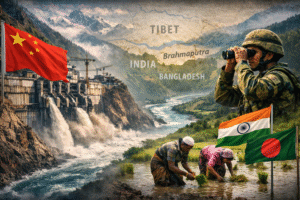
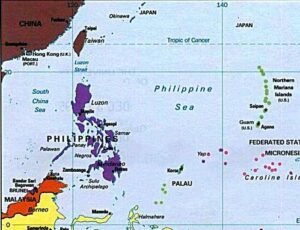
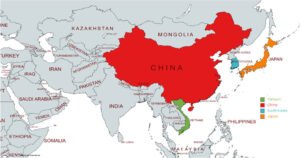
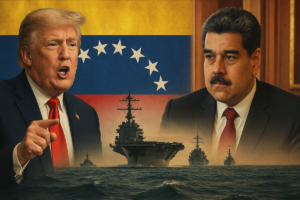

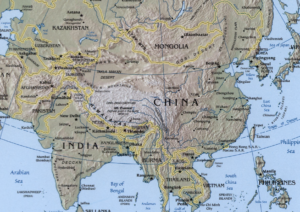
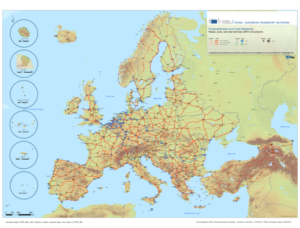


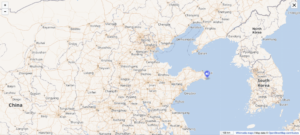

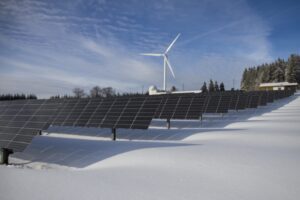

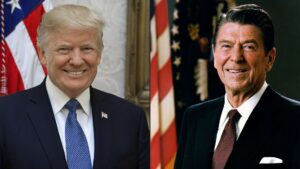
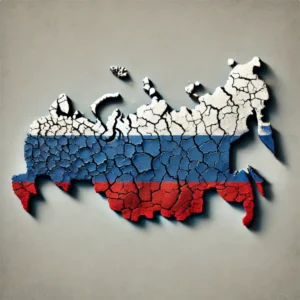
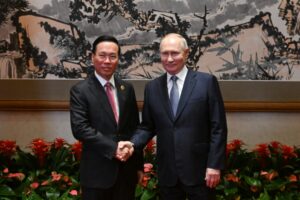
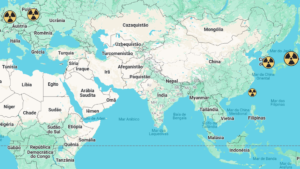
[…] several countries, and this includes advances in its technologies and suppliers to achieve a higher strategic independence and even more active political participation on the international […]
[…] death” and that the European Union had to strengthen militarily independent of NATO in its strategic autonomy of […]
[…] with Russia. The Polish Prime Minister Mateusz Morawiecki is mainly in favour of the larger strategic autonomy of the EU and organized a meeting between V4 to discuss the cancellation of Nord Stream-2 and the […]
[…] the European Union is in the search for a greater strategic autonomy in the energy field, trying to reduce their dependence on imports from other countries like […]
[…] about 83% of the microchips supplied in the world. From this, the countries are in a search for the strategic autonomy of other actors, based on the further internal productive development of microchips to achieve this […]
[…] European Union has for some years been searching for greater strategic autonomy, including in the energy […]
[…] agency. But the main reason that the EU has is the decrease of expenses for natural gas imports and decrease dependency on Russian gas. […]
[…] supplies about 50% of the natural gas consumed in Germany. But they did not exit the search for a greater autonomy in energy production that the European Union was already putting in place, seeking to diminish Russian […]
[…] is one of the great motivations of the European Union to achieve a greater strategic autonomy, since Russia supplies energy to several Member […]
[…] The European Union knows it. That’s why Ursula von der Leyen (President of the European Commission) and Josep Borrell (High Representative of the Union for Foreign Affairs and Security Policy) have said recently that the European Union (or western countries by extent) has to start using the language of power if it doesn’t want to be bullied by other actors and finally achieve strategic sovereignty. […]